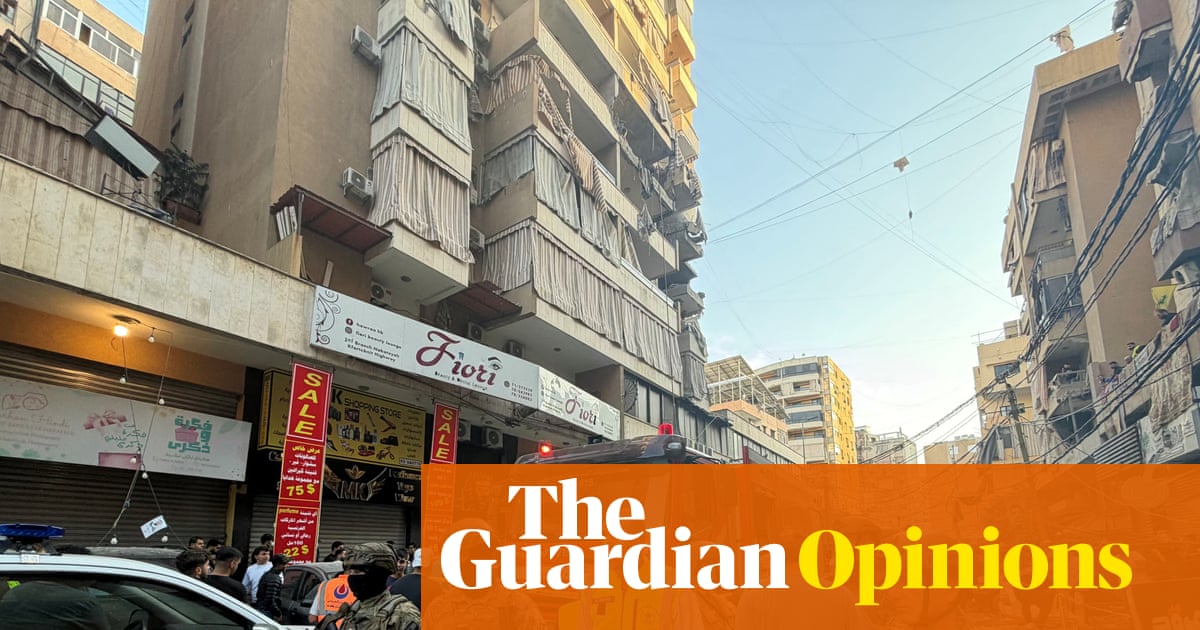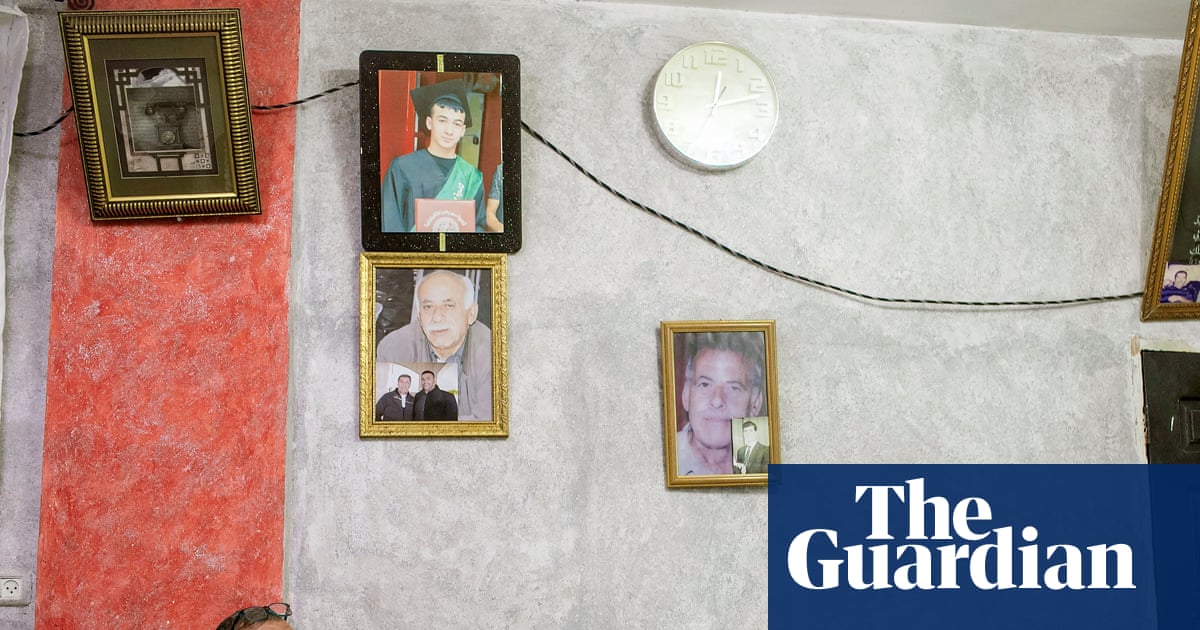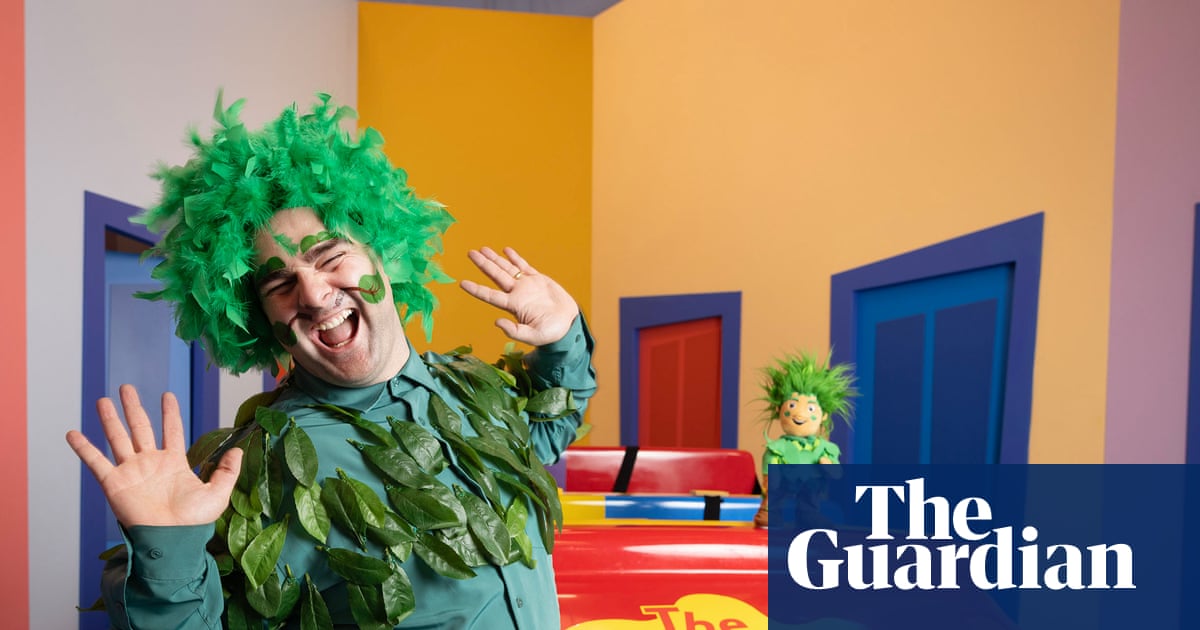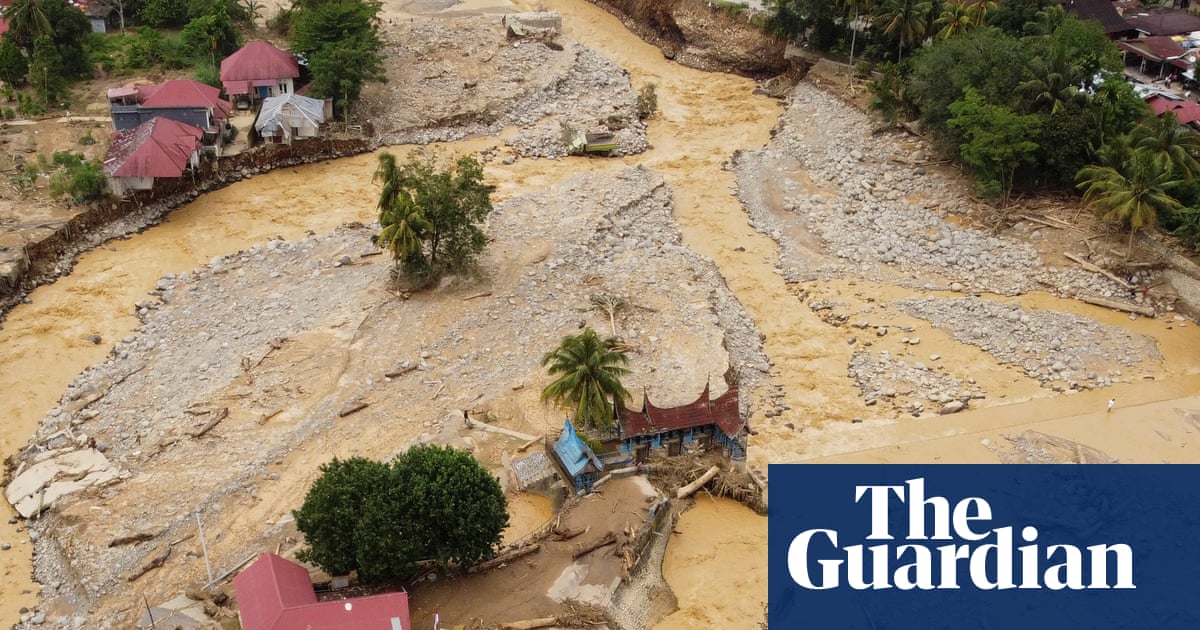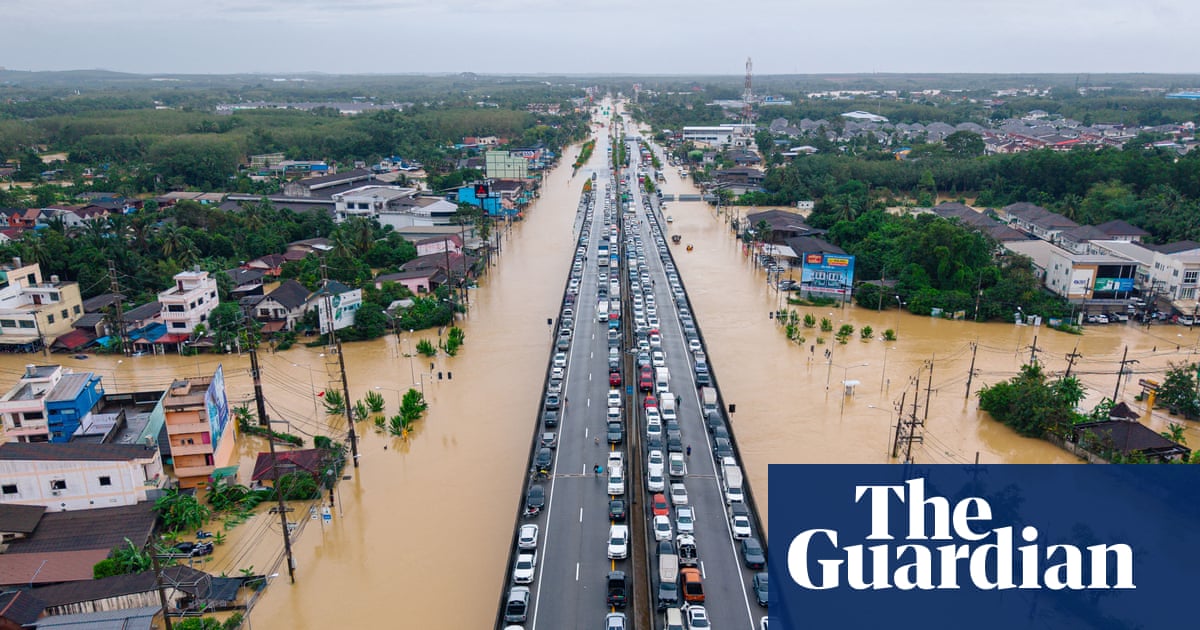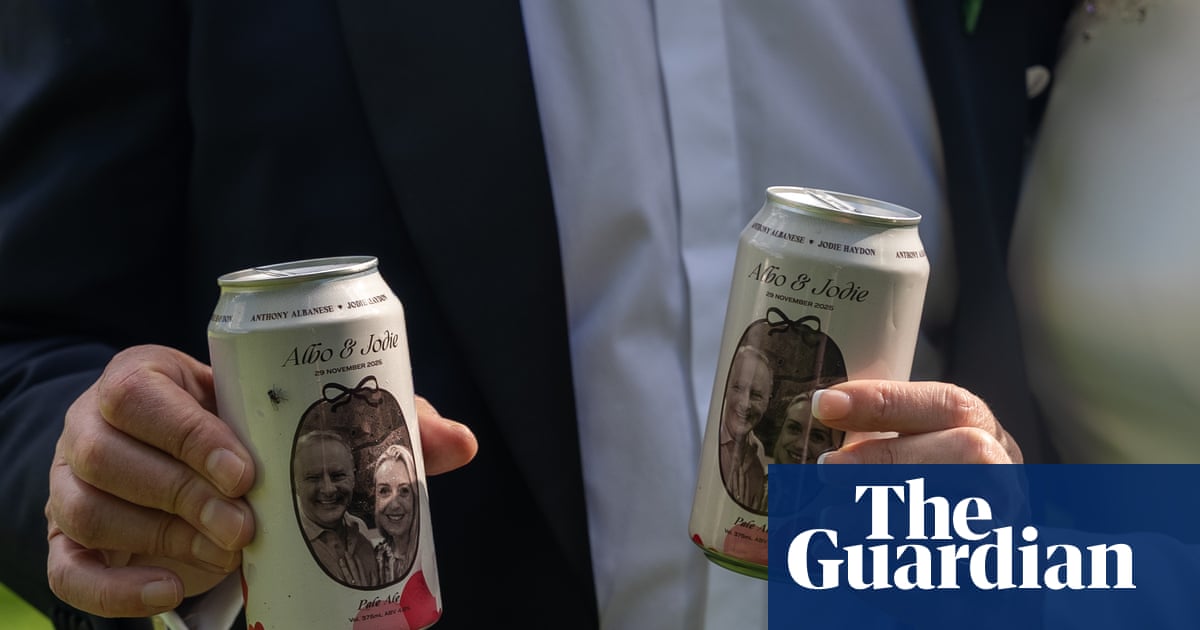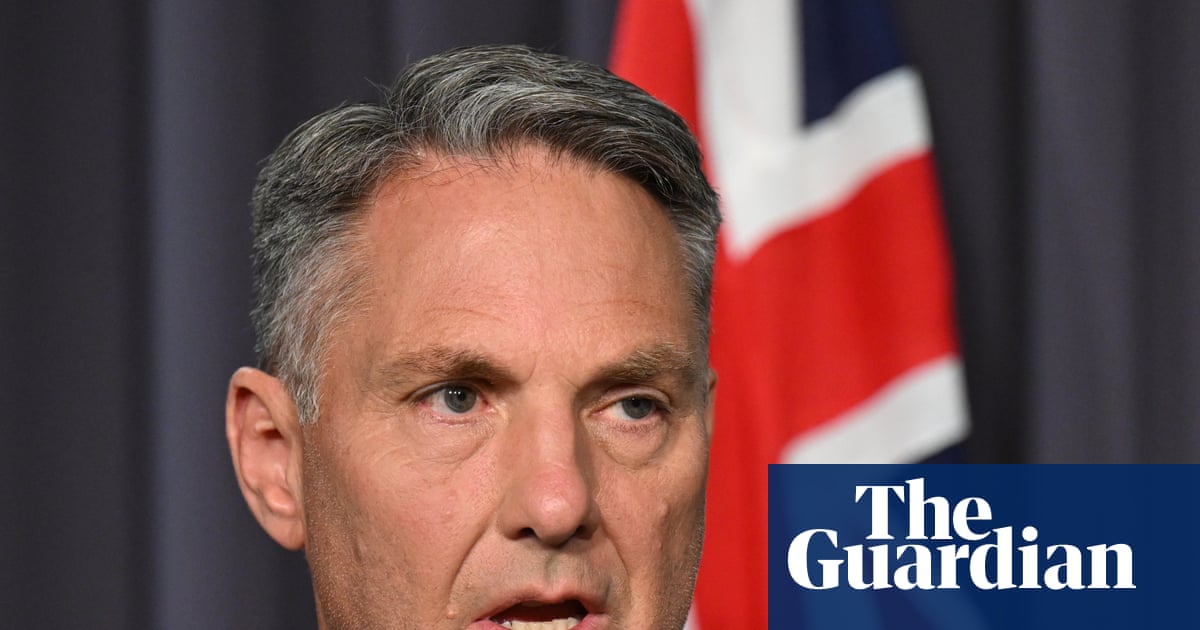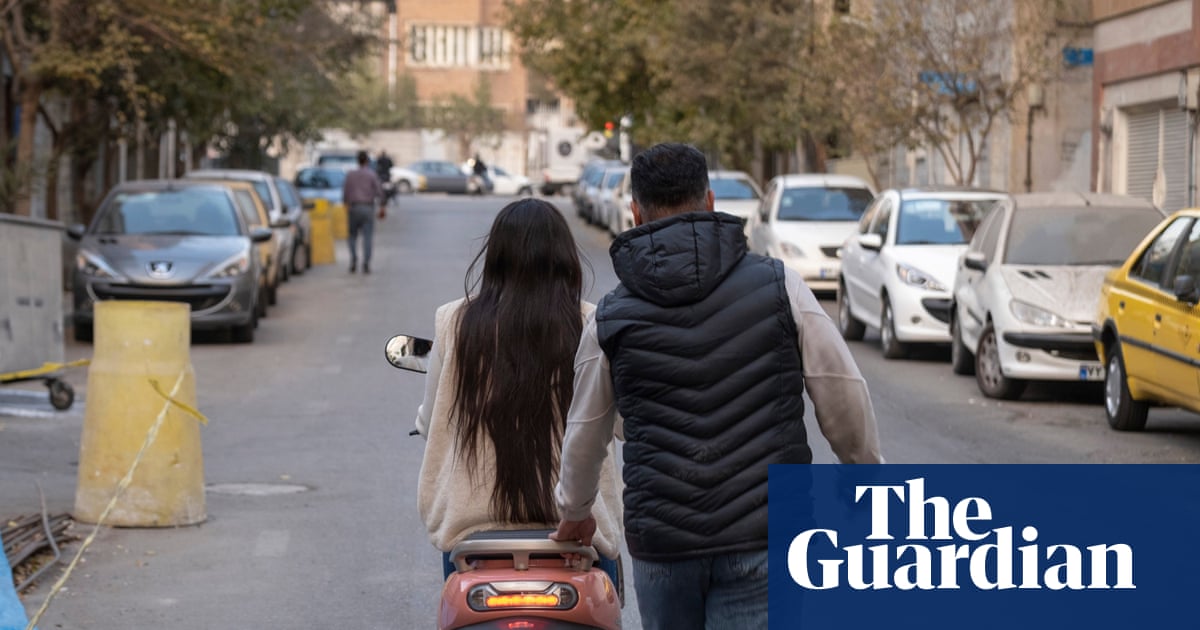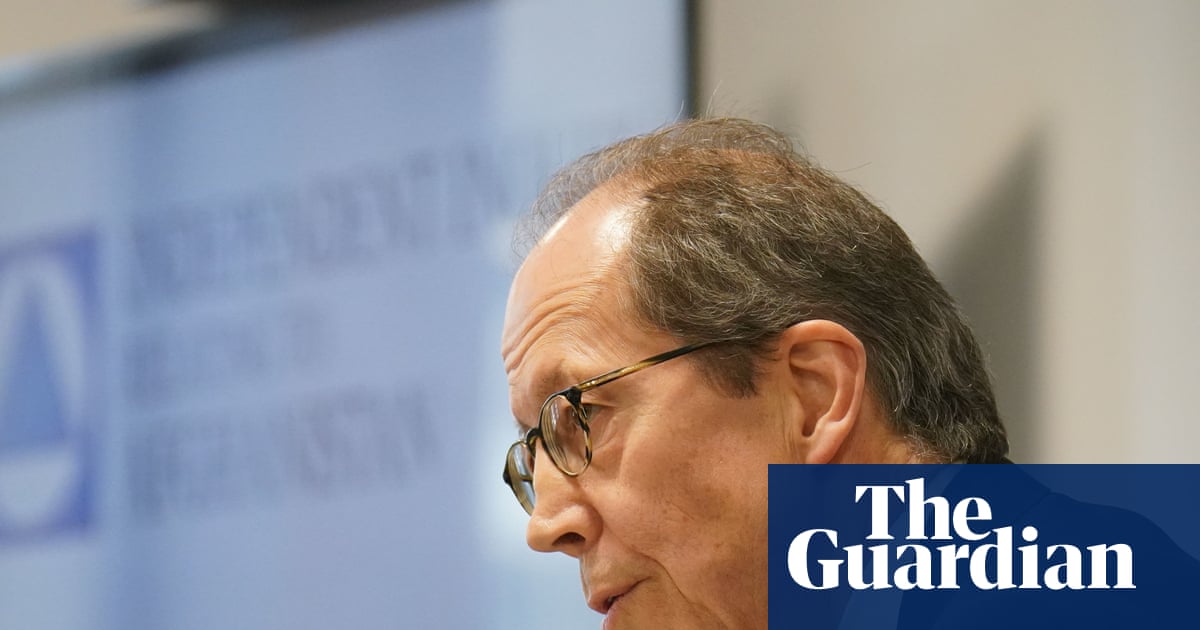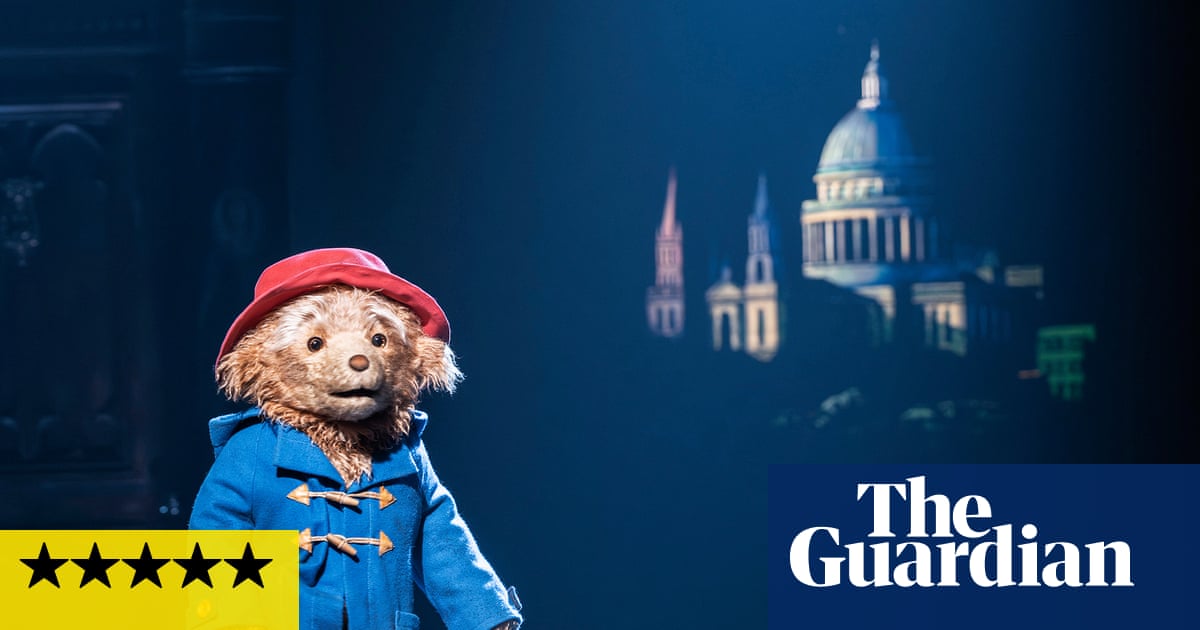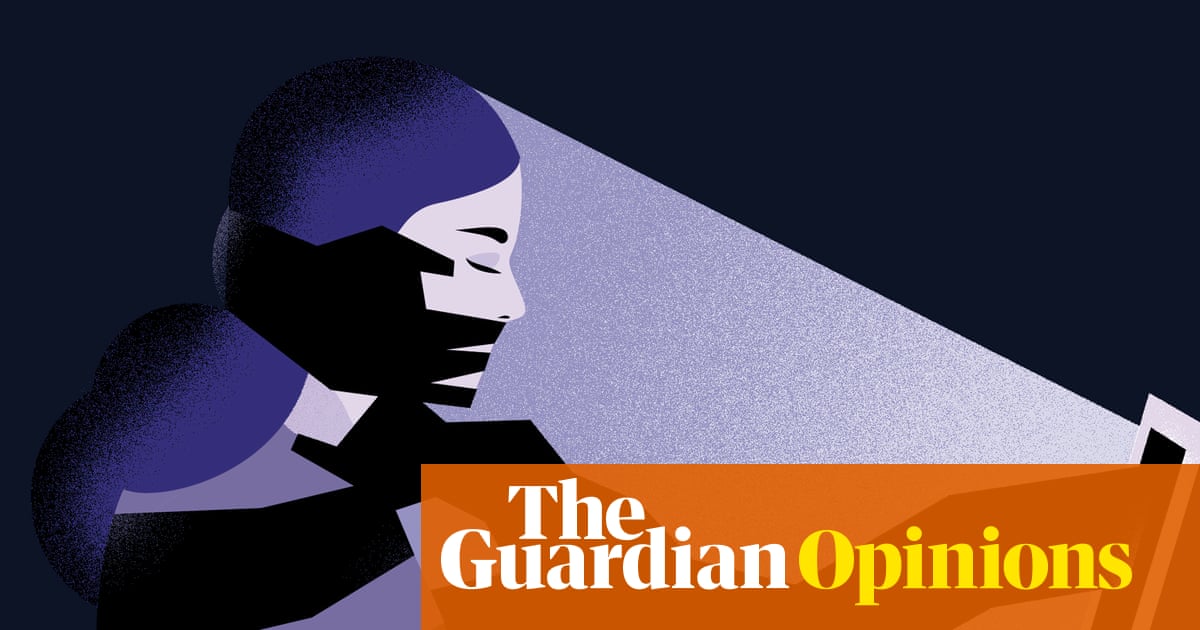Child-free resorts and adult-only hotels are discriminatory, risk creating a society of intolerance and should be banned, a French senator has said, amid a growing debate in France on whether it is inhumane to exclude children from holidays.
“We can’t organise society by separating children off from ourselves in the same way some establishments don’t take dogs,” said Socialist senator and former French families minister Laurence Rossignol. “Children aren’t troublesome pets.”
Last month, the French government’s high commissioner for childhood, Sarah El Haïry – who has warned that adult-only holiday resorts were “not part of [French] culture, not our philosophy and not what we want to see as the norm in our country” – launched a Family Choice award as part of what she called a “fight against the new no kids trend”.
El Haïry called for French parents to vote for their favourite child-friendly locations as a way to “put children back at the heart of public space” and stand up to the adults-only sector. “No way can we let it take hold in our society that children aren’t welcome on a restaurant terrace,” she told Parents magazine.
But Rossignol said the government must go further, and called for a parliamentary debate on her proposal to make it illegal to ban children from venues in France. Rossignol said child-free spaces amounted to “organising society around people’s intolerance of others” and served to “institutionalise and legitimise intolerance”. Rossignol said these resorts “allow people to say: ‘I don’t like children and I don’t want to see them.’ And that is not acceptable, because to not like children is to not like humanity itself.”
Child-free resorts and hotels – often advertised with images of relaxed adults on sun-loungers undisturbed by kids shouting or dive-bombing in the pool – have expanded across the world in recent years, and businesses say demand has risen since the Covid lockdowns. For decades, hotels reserved for adults have been popular in locations such as Mexico and Central America, Thailand and Greece, attracting many northern European tourists, including Germans and Britons. South Korea has also seen a rise in child-free cafes and restaurants.
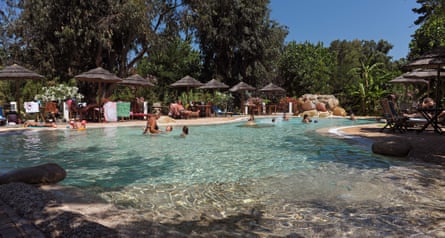
TO GO WITH AFP STORY : " EN CORSE LE CAMPING NE CONNAIT PAS LA CRISE ". People bathe in a swimming pool, on August 2, 2010 at a four stars camping in the seaside resort of Porticcio on the Ajaccio gulf of the French Island Corsica. AFP PHOTO STEPHAN AGOSTINI (Photo by STEPHAN AGOSTINI / AFP) (Photo by STEPHAN AGOSTINI/AFP via Getty Images) Photograph: Stephan Agostini/AFP/Getty Images
But France – traditionally family-focused and with one of the highest birthrates in Europe – has instead prided itself on its family-friendly holiday attractions, from towering hotel waterslides to campsites with kids’ clubs. France has relatively few adult-only hotels and resorts, estimated to account for 3–5% of overall tourism, far less than neighbouring Spain, a market leader.
As the French birthrate declines and the president, Emmanuel Macron, calls for a “demographic rearmament” of pro-child policies, there is renewed debate over children’s shrinking place in society. An expert report last year on reducing French children’s screen-time said children must be given more alternatives to phones and take up their “rightful place” in society, including “their right to be noisy”.
Véronique Siegel, the president of the hotel section of the UMIH trade union, said child-free hotels were “extremely rare” in France compared with the total number of tourism businesses. She said there was a targeted market and hotels were simply meeting clients’ demands. She added: “For people seeking adult destinations, if there are none left in France because we’re told it’s illegal, would they go to neighbouring European countries, or further afield?”
Vincent Lagarde, an associate professor of entrepreneurship and business at the University of Limoges, who studies the business model of child-free resorts, said the top reason holidaymakers chose them was not because they hated children, but because they needed a rest.
Lagarde said: “There is a kind of physical and mental exhaustion in French society right now, a need to switch off from professional and family burdens. It’s much more complex than simply not liking children, because my research showed that around one-third or more of these holidaymakers were exhausted parents who needed a break from their family. It wasn’t that they didn’t like children, they just needed a pause from the rhythm of the rest of the year. And I also observed teachers, or people who work with children. These aren’t people who don’t like kids, but people who need a bit of time without them.”
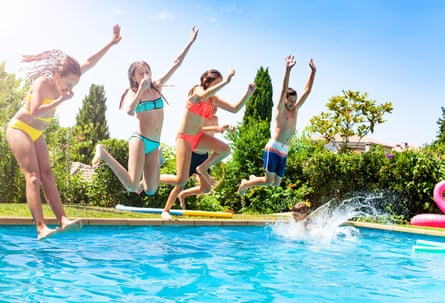
2D4YGF6 Happy kids in a group of friends jump into water of swimming pool together splashing down and lifting hands Photograph: Sergey Novikov/Alamy
Lagarde found the second reason people chose child-free resorts was for special time as a couple or with friends – a 2014 poll in France found that 56% of parents had gone on holiday without their children, mostly for romantic mini-breaks. Finally, there was what Lagarde called a “perception of luxury” associated with adults-only locations. These hotels could charge higher prices simply because there were no children making noise.
Lagarde said that while French anti-discrimination and trade laws were open to interpretation on the issue, no family in France had ever brought a legal complaint against a hotel for not admitting children. He said the sector was likely to continue to grow steadily in France, in the same way that child-free weddings had increased.
Jean-Didier Urbain, an anthropologist and author of a recent book, What Our Travels Say About Us, said: “There’s a trend in society to seek more comfort and relaxation, more time to pause, and this is part of that.
“Vacations, after all, are traditionally a moment where citizens can detach themselves from their social obligations.”

 3 months ago
78
3 months ago
78
